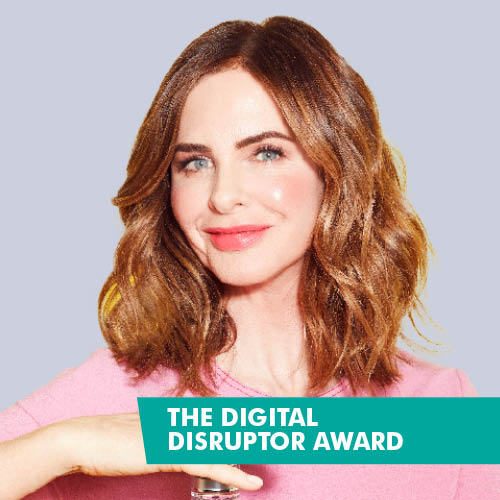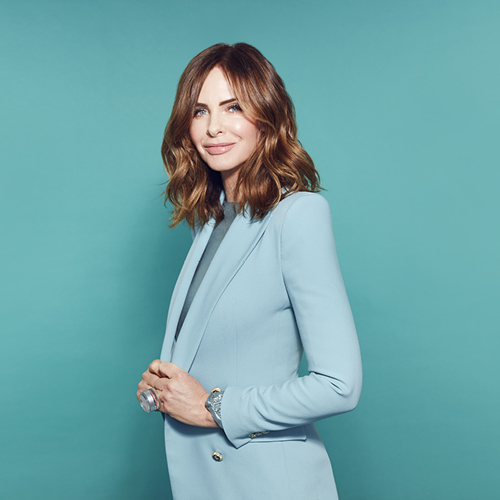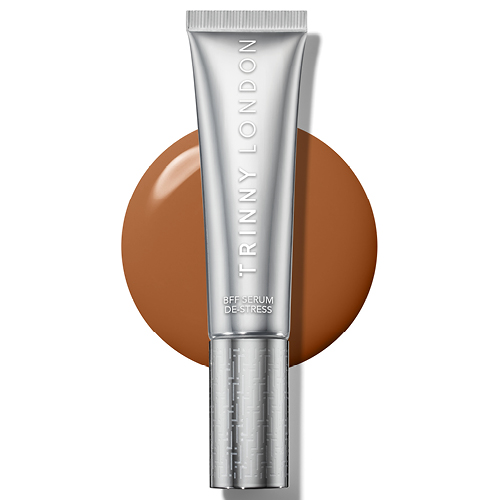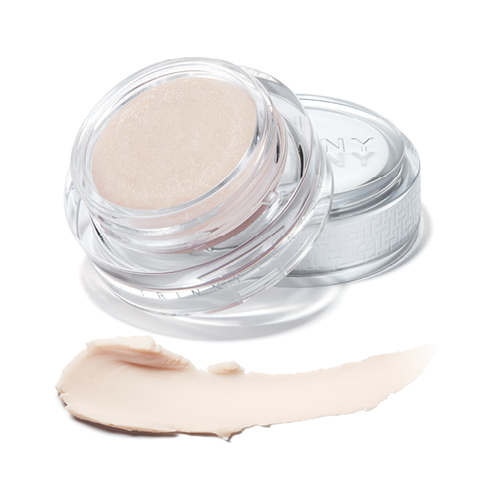
LDC Top 50 2021
Trinny Woodall
Founder
Trinny London
Trinny Woodall’s mission in life is simple: “I get a buzz out of making women feel better about themselves,” she says. The former TV presenter is the founder of Trinny London, a make-up brand that she launched in 2017.
“I had to sell nearly all my clothes to keep us going in the early days,” she reveals. The business now employs 179 people, ships to 180 countries and turns over £42m. Growth has come from Trinny’s digital-first strategy. “Make-up is just the beginning,” she says. “It’s about creating a feeling, a brand that never makes anyone feel excluded, regardless of skin tone or age.”




For me, life is all about empowering women.”
Q&A
What is your mission to help people?
I’ve spent 20 years making over women. In the days of What Not To Wear, we helped so many women – and I still keep in touch with many of them today. Over the years, I noticed that many really struggled with their experiences at the beauty counter. They felt the person was too young or couldn’t understand what they wanted or sent them away with an orange face or the wrong colours. I started Trinny London to make women feel good. Beyond that, I try and help other founders through my elevator pitch opportunity every Friday, which gets posted on my YouTube channel. I spend time with these women; I swoop in and help them. For me, life is all about empowering women.
How did you quadruple your business last year?
The average age of our customer is 37 and many aren’t digital natives so they were waiting for us to open up in a store near them. We have worked really hard to make those women feel comfortable buying make-up online and, during Covid, we launched virtual appointments so that we could hand-hold them through our matching process. The day that we launched, 3,000 appointments were booked. We have also broadened our global reach: we now ship to 180 countries: our products are available from Houston to Hawaii.
How ambitious are you?
My drive was very strong when I was young. I wanted to be Prime Minister back then. I lost my direction in my early twenties. My father was in finance so I became an assistant at a commodities trading house. I hated it. It took me a while to realise: don’t do what other people expect of you, do what you love. At 26, I woke up and thought, what brings me joy? I love making people feel good. I was always helping women in bathrooms with their makeup or what to wear. That’s when my passion became my job. Now, all my ambition is around this: how can I amplify this feeling of making women feel good?
